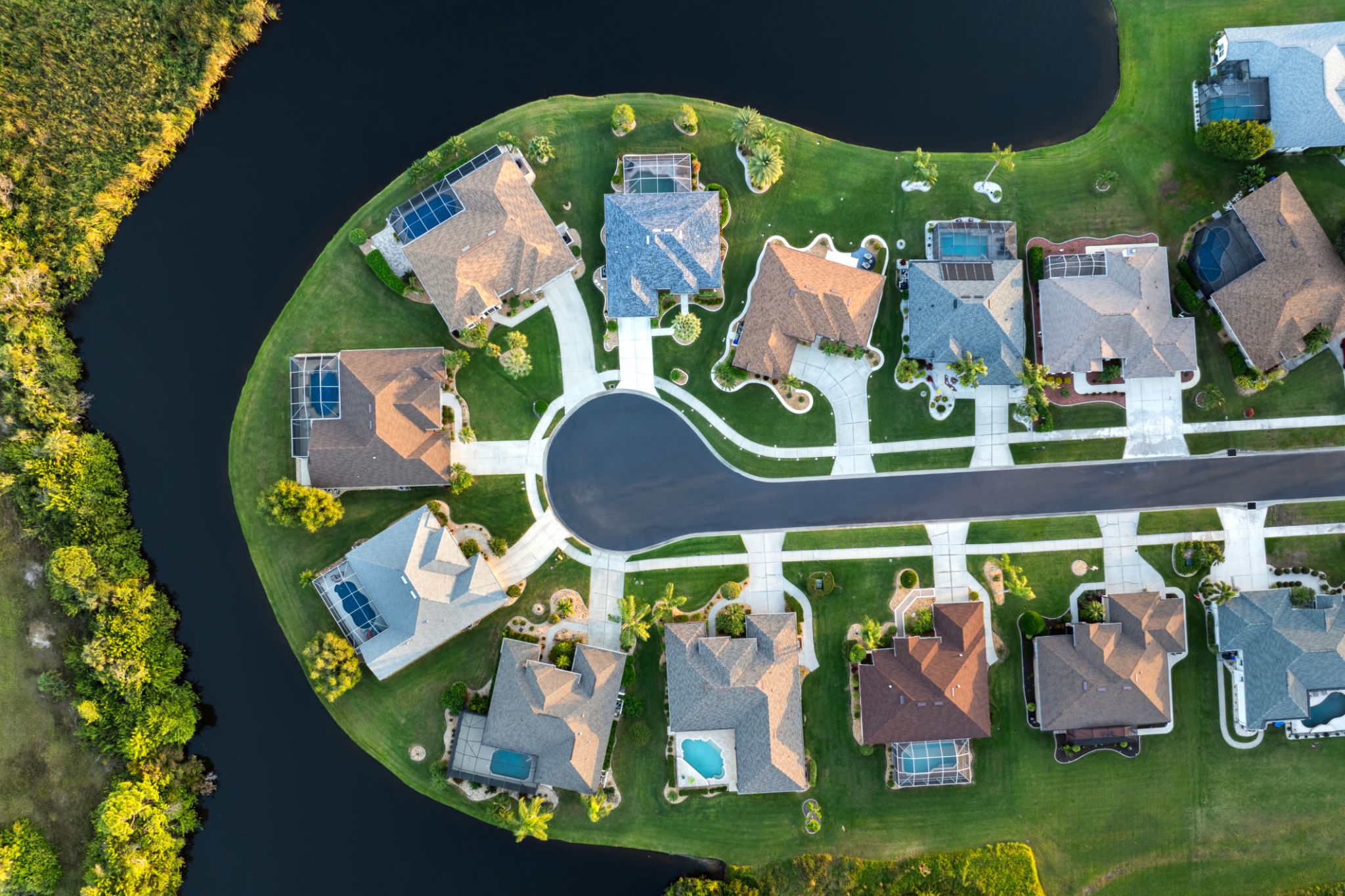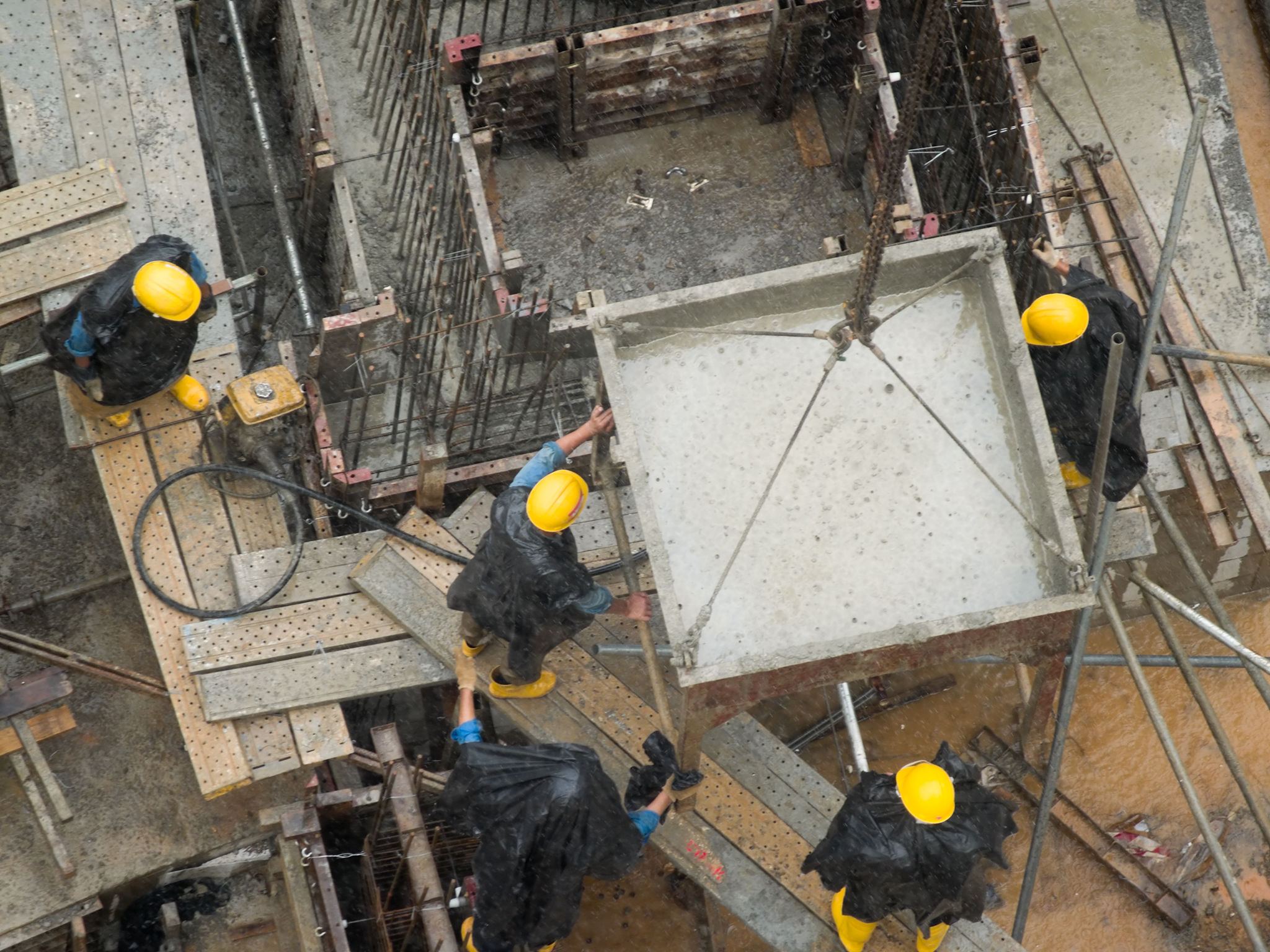Seasonal Construction Challenges in Florida: How to Prepare
AG
Understanding Florida's Unique Climate
Florida's climate presents unique challenges for construction projects. With its hot summers, unpredictable weather patterns, and high humidity, contractors must be prepared to tackle these seasonal obstacles. Understanding the climate's impact on building materials and timelines is critical to ensuring successful project completion.
In Florida, the two main seasons are the dry season, which runs from November to April, and the rainy season, from May to October. Each brings its own set of challenges that need careful consideration during planning and execution.

Challenges During the Rainy Season
The rainy season can be particularly difficult for construction projects. Heavy rainfall can lead to delays, water damage, and safety hazards. Here are some common issues:
- Flooding: Excessive rain can cause flooding on construction sites, making it difficult to continue work.
- Material Damage: Water can damage building materials, leading to increased costs and project delays.
- Site Safety: Wet conditions increase the risk of accidents and injuries.
To combat these challenges, it's essential to have a comprehensive water management plan and ensure proper drainage systems are in place before the rainy season begins.

Preparing for Hurricane Season
Florida is also prone to hurricanes, which can cause significant damage and disrupt construction schedules. Preparing for hurricane season involves several critical steps:
- Secure Materials: Ensuring all materials and equipment are properly secured can prevent them from becoming projectiles during high winds.
- Site Assessment: Regularly assessing the site for potential hazards helps mitigate risks associated with hurricanes.
- Emergency Plans: Having a well-defined emergency plan ensures the safety of workers and minimizes damage to the site.
Adapting to Heat and Humidity
The high temperatures and humidity levels during Florida's summer months can also impact construction projects. These conditions not only affect worker safety but can alter the behavior of certain materials, such as concrete and adhesives.
Implementing measures like providing shaded areas, ensuring adequate hydration, and scheduling work during cooler parts of the day can help maintain productivity while safeguarding worker health.

Utilizing Technology for Better Planning
Technology plays a vital role in managing seasonal construction challenges in Florida. Utilizing weather forecasting tools and project management software allows contractors to anticipate weather changes and adjust schedules accordingly. This proactive approach can significantly reduce downtime and enhance efficiency.
Moreover, drones and other advanced technologies can assist in site assessments and monitoring during adverse weather conditions, providing real-time data to inform decision-making processes.
Conclusion: The Importance of Preparedness
In conclusion, tackling seasonal construction challenges in Florida requires a blend of strategic planning, technological integration, and proactive measures. By understanding the state's unique climate conditions and preparing accordingly, contractors can mitigate risks and ensure successful project outcomes.
Staying informed about weather patterns and continuously adapting strategies are essential practices for any construction business operating in this dynamic environment. With the right preparation, even Florida's most challenging seasons can be navigated successfully.
